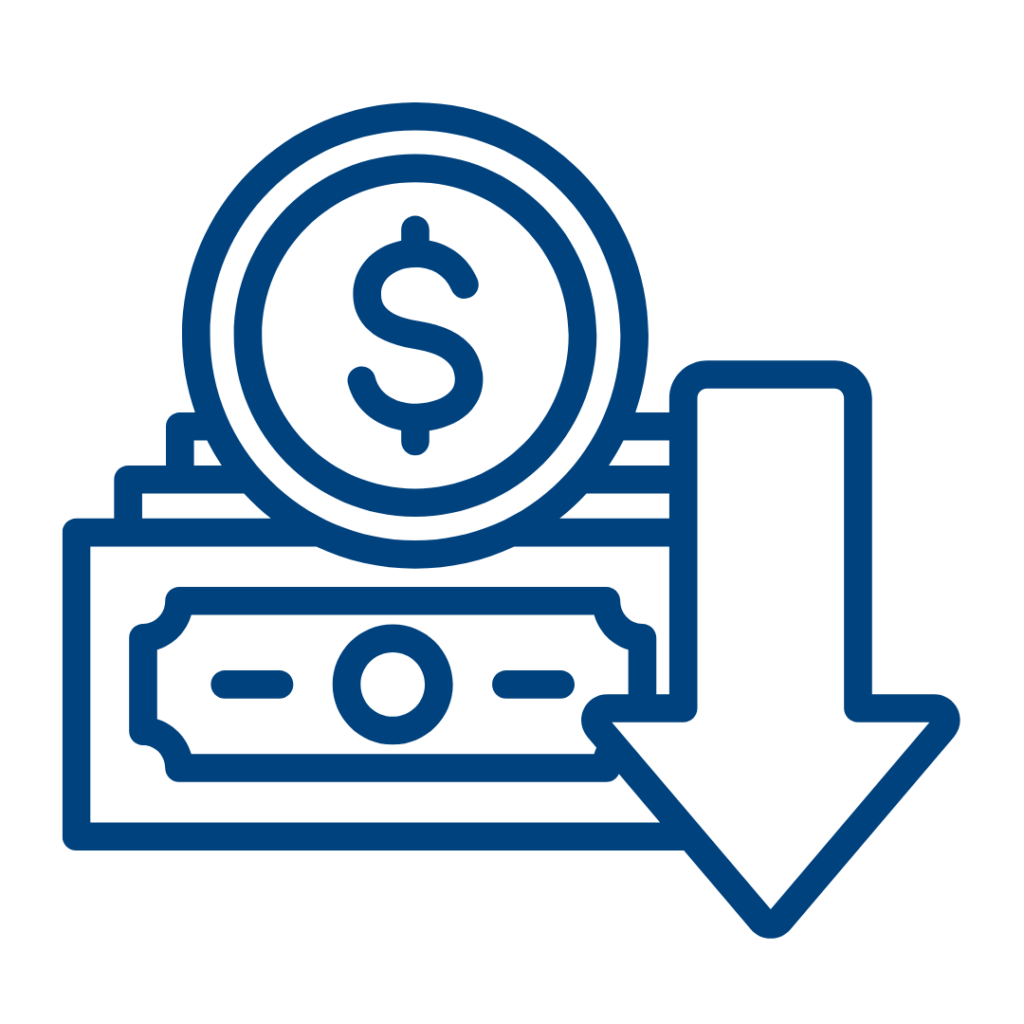
Can you get a home loan when you have a bad credit rating?
Can I Get a Home Loan with Bad Credit?
In short, yes! Whilst traditional banks may be hesitant to lend to applicants with bad credit ratings, specialist lenders tend to offer options tailored to individuals with less-than-perfect credit histories as they understand that bad credit doesn’t define your future.
What is bad credit?
Bad credit means a history of financial issues like missed payments, defaults, or bankruptcy. Lenders review your credit file, but having bad credit doesn’t automatically prevent you from getting a home loan.
Here’s what lenders look at when assessing bad credit:
- Adverse Listings: Defaults, judgments, court writs, and excessive credit inquiries can be red flags, but they don’t automatically disqualify you from getting a loan.
- Unpaid Bills or Taxes: Outstanding debts like council rates or tax bills are considered but can often be explained or resolved.
- Mortgage Arrears: If you’ve missed mortgage payments in the last six months, lenders might be more cautious.
- Company Financial Troubles: If you’re a director of a financially struggling company, it may raise concerns, though it doesn’t necessarily impact your personal credit history.
- Overcommitment to Debt: Having a lot of debt or a negative financial situation might worry lenders, but there are still loan options available.
What is considered a bad credit score in Australia?
In Australia, a credit score below 500 is considered bad, and a score under 400 is viewed as very bad. With the average Equifax Score around 550, falling below these thresholds can make obtaining a loan more challenging.
How can a mortgage broker help if you have a bad credit score?
Bad credit might make getting a home loan more difficult, but that doesn’t mean it’s impossible. Our team at Sanford Finance have experience in securing loans for a wide range of clients – including those with bad credit ratings.
We know what lenders are looking for and will work with you to find the right options, connect you with specialist lenders and find the right home loan package for your needs.
How much can you borrow when you have a bad credit rating?
The amount you can borrow depends on the severity of your credit issues:
- Minor Paid Defaults (up to $500): You may be able to borrow up to 95% of the property value.
- Larger Defaults, Judgments, or Discharged Bankruptcy: Lenders will assess your situation on a case-by-case basis but borrowing up to 95% is still possible.
What can I do for a higher chance of loan approval?
Approval chances improve under certain conditions
- Borrowing Less Than 80% of the Property Value: If your loan-to-value ratio (LVR) is below 80%, you stand a good chance of getting approved at a competitive rate, even with a bad credit history.
- Bankruptcy or Part IX Agreement: You must be discharged from bankruptcy or a Part IX agreement to be considered.
- Timely Repayments: Lenders are more likely to approve your application if you’ve made all your repayments on time for the last six months.
- Look at Non-Bank Lenders: Banks tend to be more conservative and risk averse than non-bank lenders – see below for more.
| Banks | Non-Bank Lenders | |
| Evaluation of Applicants | Focus primarily on credit score and financial history | Consider the broader financial narrative, not just your credit score. |
| Approach to Risk | More conservate and risk averse | More flexible and willing to consider individual circumstances |
| Lending Criteria | Strict, a bad credit history tends to lead to a denied application or loan with higher interest rates or stricter terms | More lenient, offering specialised loan products for those with imperfect credit histories |
| Product Offering | Standard loan products with less flexibility or higher rates | Tailored loan products designed to accommodate individuals with bad credit |
Bad credit home loan options
Some home loan options you may be offered include:
- Home Loans with Defaults
These loans are typically offered to borrowers who have defaults on their credit file. A default is a note on your credit file that shows you have an overdue account, like a personal loan, credit card, utility, or phone bill. It’s considered overdue if the payment is 60 or more days late, or if the lender can’t reach you. Most major banks are likely to decline your loan application if you have a default, as it indicates difficulty in paying your debts and thus are potentially more likely to not meet loan repayments. Lenders typically divide defaults into two categories:
Paid Defaults: Defaults you have paid in full
Unpaid Defaults: Defaults you haven’t paid in full
- Discharged Bankruptcy Home Loan
These loans are offered to borrowers who were previously bankrupt and are now discharged. ‘Discharged’ is a legal term that means you have been released from bankruptcy and are no longer required to have limited assets and no overseas travel. It also means you’re able to apply for credit again. Some lenders in Australia will offer this as soon as one day after your bankruptcy is discharged. - Part IX Debt Agreements
These types of loans are offered to borrowers who have entered or completed at Part IX Agreement. In Australia, if you can’t repay your debts, you have the option of seeing a debt agreement administrator who will prepare a debt agreement between you and your creditors or lenders. Once the debt agreement is fulfilled, you’ll be discharged from the agreement. A Part IX/Part 9 agreement will appear on your credit report for five years from the start date of your agreement, though it can be longer and may affect your ability to obtain credit. There are some lenders who will still consider your mortgage application if you have completed a Part IX Agreement. - Tax Debt Loan
For those with a large debt to the Australian Taxation Office (ATO), a Tax Debt Home Loan may be offered. Typically, the ATO debt is added to the mortgage, leaving the borrower clear from any ATO debt. - Debt Consolidation Home Loan
These types of loans are offered to borrowers who have multiple small debts. In Australia, most people choose to consolidate unsecured debt such as personal loans, credit cards and car loans into their mortgage, creating one simple, lower monthly repayment.
Where do I start?
The first step is often the hardest, but we’re here to help. If you’re looking to find out what options are available to you, get in touch with our team to see how we can help.










